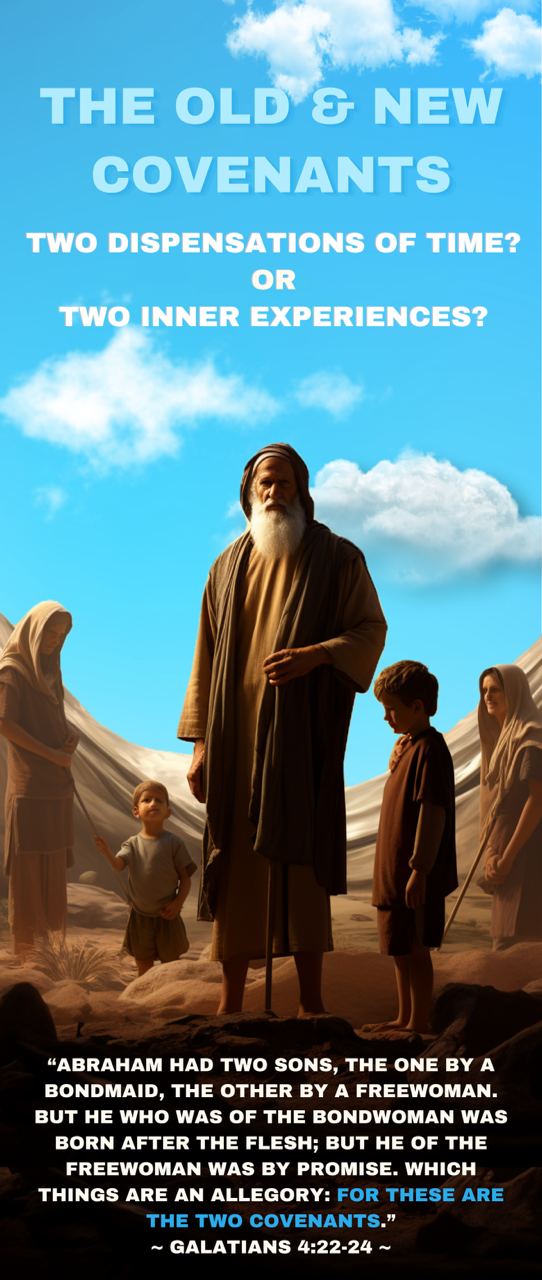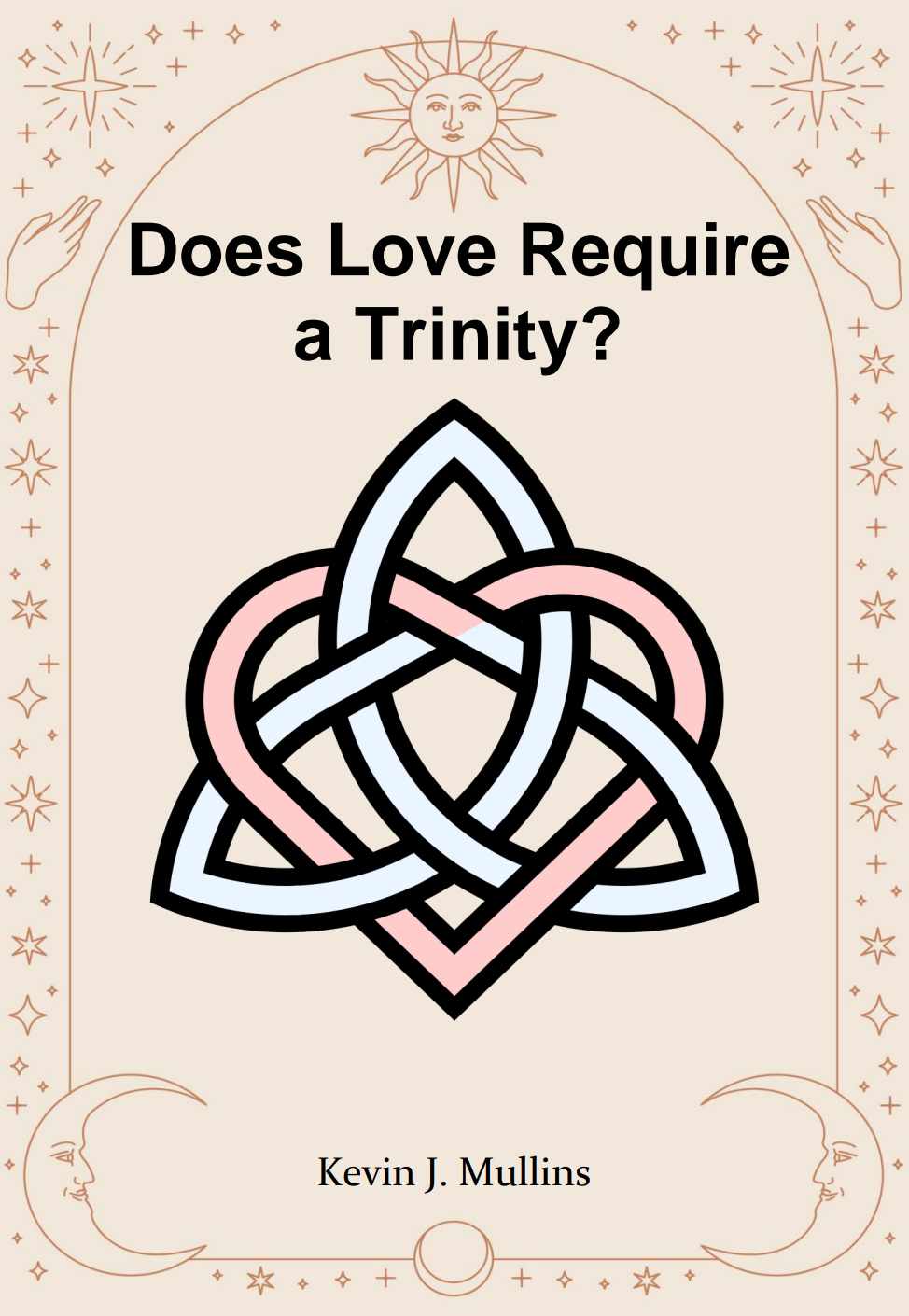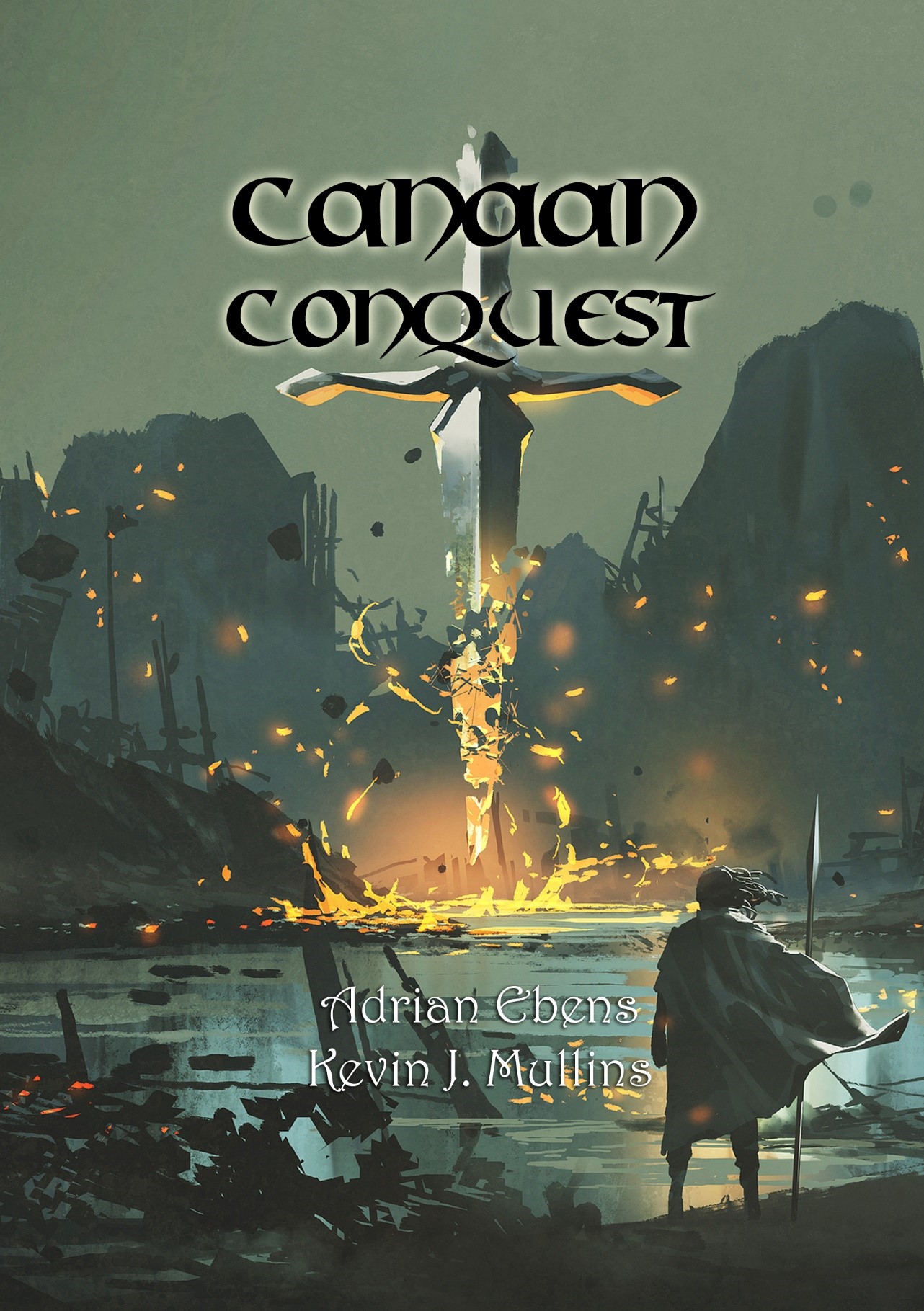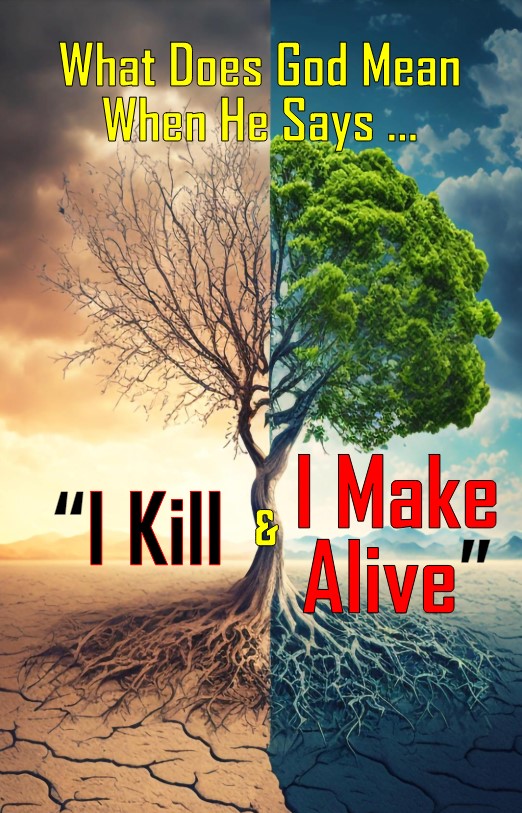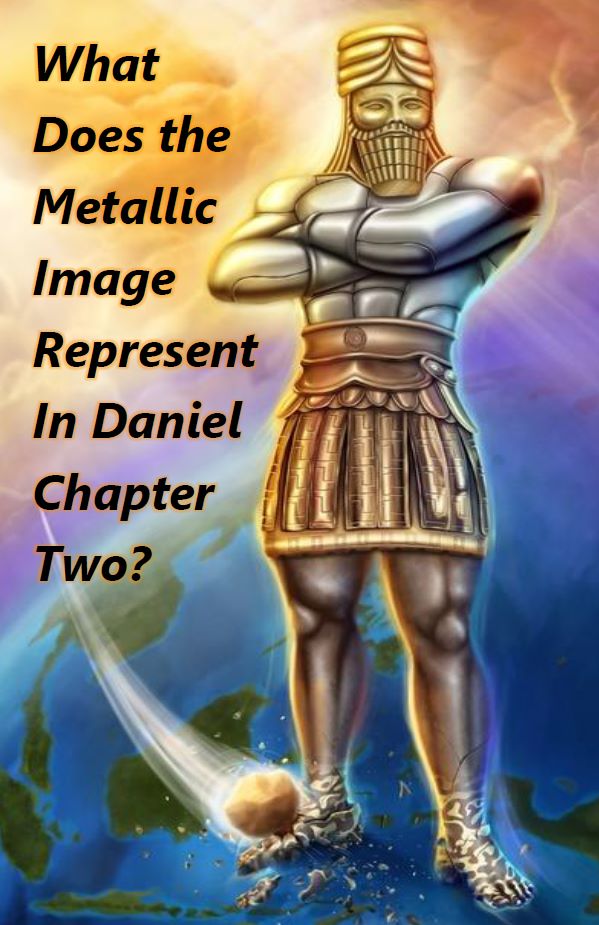(Genesis 9:3) Why Did God Tell Noah He Could Eat “Every Living Creature”?
“Every living creature will be food for you; as I gave the green plants, I have given you everything.” (Genesis 9:3, Holman Christian Standard Bible)
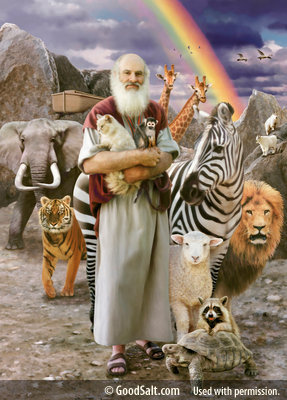 The Hebrew word used for “living creature” is רֶמֶשׂ (remeś) and, although in modern Hebrew this means "insect", in biblical Hebrew it refers to all living creatures. However, it does not actually mean ALL creatures in general, but all creatures in a specific group of CLEAN ANIMALS to be hunted which verse 2 hints at. It does not refer to wild predatory beasts and domesticated flocks and herds. It is NEVER used in the sense of “all creatures”, but instead to one category only. This category refers only to the category of creatures which were the prey of hunters and of predatory beasts such as: wild cattle, antelope, deer, and gazelle which are all on the clean list found in Leviticus 11 and Deuteronomy 14. The phrase should actually say, “Every clean creature that lives is food for you, I have given you all, as I gave the green plants.”
The Hebrew word used for “living creature” is רֶמֶשׂ (remeś) and, although in modern Hebrew this means "insect", in biblical Hebrew it refers to all living creatures. However, it does not actually mean ALL creatures in general, but all creatures in a specific group of CLEAN ANIMALS to be hunted which verse 2 hints at. It does not refer to wild predatory beasts and domesticated flocks and herds. It is NEVER used in the sense of “all creatures”, but instead to one category only. This category refers only to the category of creatures which were the prey of hunters and of predatory beasts such as: wild cattle, antelope, deer, and gazelle which are all on the clean list found in Leviticus 11 and Deuteronomy 14. The phrase should actually say, “Every clean creature that lives is food for you, I have given you all, as I gave the green plants.”
"Every moving thing which is wholesome and fit for food, and clean; an exception to be gathered both from the nature of the thing, and from the distinction of clean and unclean beasts, mentioned before and afterwards.
That liveth. This is added to exclude the use of those creatures which either died of themselves, or were killed by wild beasts, which is here forbidden implicitly, and afterwards expressly. See Exodus 22:31; Leviticus 22:8." (Matthew Poole's Commentary, Genesis 9:3)
Before the Flood the Creator told Noah, “Of all the clean beasts take with you seven pairs, a male and his female; and of the beasts that are unclean two, a male and his female; and of birds of the heavens seven pairs, male and female, to keep offspring alive on the face of all the earth” (Genesis 7:2,3). There were only one pair of each unclean beast upon the ark, but seven pairs of clean beasts. This is a teaching that gets missed a lot in modern Christianity. All these creatures upon the ark were kept alive. Genesis 6:19, 20 says:
“And of all the living creatures of all flesh, two of each, you are to bring into the ark, to keep them alive with you – a male and a female. Of the birds after their kind, and of the cattle after their kind, and of all creeping creatures of the earth after their kind, two of each are to come to you, to keep them alive.”
No creature was to be eaten on the ark. What did they eat? “As for you, take of all food that is eaten and gather it to yourself. And it shall be food for you and for them” (Genesis 6:21). What is the food that was eaten? Remember, after they came out of the ark after the Flood the Creator said, “Every clean creature that lives is food for you, I have given you all, as I gave the green plants.” This clearly shows they ate exactly what the Creator had prescribed in the beginning: a plant-based diet (see, Genesis 1:29, 30).
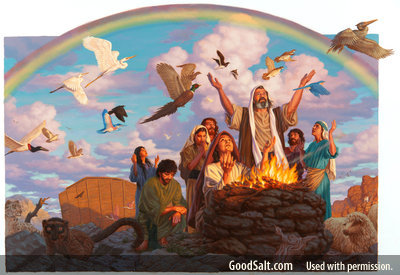 After the Flood we see that “Noah built an altar to the LORD, and took of every clean beast and of every clean bird, and offered burnt offerings on the altar” (Genesis 8:20). Before the Flood, clean creatures were used as “burnt offerings” to the LORD. Although God permitted the eating of clean creatures (and only clean creatures) after the Flood, it was not His ideal diet for mankind and was only a temporary provision due to the destruction of the vegetation caused by the Flood. However, because of our lustful desires of our fallen flesh (the hardness of our hearts), man began to crave the eating of flesh. Our Father knew this would happen and lovingly gave us guidelines and instructions as to how the creature is to be slaughtered, how to cook it, as well as other harmful things to watch out for if we so desired to eat flesh (Genesis 9:4; Leviticus 3:17; 7:23,24; 17:14; Deuteronomy 12:23).
After the Flood we see that “Noah built an altar to the LORD, and took of every clean beast and of every clean bird, and offered burnt offerings on the altar” (Genesis 8:20). Before the Flood, clean creatures were used as “burnt offerings” to the LORD. Although God permitted the eating of clean creatures (and only clean creatures) after the Flood, it was not His ideal diet for mankind and was only a temporary provision due to the destruction of the vegetation caused by the Flood. However, because of our lustful desires of our fallen flesh (the hardness of our hearts), man began to crave the eating of flesh. Our Father knew this would happen and lovingly gave us guidelines and instructions as to how the creature is to be slaughtered, how to cook it, as well as other harmful things to watch out for if we so desired to eat flesh (Genesis 9:4; Leviticus 3:17; 7:23,24; 17:14; Deuteronomy 12:23).
In his famous Commentary, Matthew Henry writes:
“Food provided for man, Gen. 1:29. Herbs and fruits must be his meat [food], including corn and all the products of the earth; these were allowed him, but (it should seem) not flesh, till after the flood, Gen.9:3.” (Mathew Henry’s Commentary on the Whole Bible)
On page 56 in his book, Is God a Vegetarian?, Richard Young explains:
“When God says, 'Every moving thing that lives shall be food for you.' ... it is obvious that the statement is somehow related to the fallen state of humanity ... Because of this, we should dismiss the idea that God is commanding us to eat meat. God’s commands are designed to inspire us toward divine ideals, whereas God’s concessions and permissions are designed to deal with us the way we are.”
In an online article, A.G. Anderson comments on the above quote by Richard Young. Although Anderson agrees with Young to a point, he attempts to fine-tune the concept quite nicely:
"I think that much more can be said to bolster Young’s claim that Genesis 9:3 must be understood as a 'reluctant concession' rather than a 'permission'. Consider the preceding verse (9:2) in which God tells Noah that, as a result of his altered relationship with other creatures, 'the fear and dread of you will be on every animal of the earth.' Reading Genesis 9:3 as a 'permission', rather than a reluctant concession, might imply that God somehow wills that his creatures should live in fear and dread. This fits awkwardly however, not only with the general picture of God as a loving savior, but more specifically, with the picture of God’s particular concern for the well-being of nonhuman animals throughout the Bible. The Psalms, for instance, speak of God’s compassion for all his creatures (145:9), and his care to provide for the wants and needs of all living things (145:16). Psalm 36:6 affirms that God saves humans and animals alike. Numerous laws and passages throughout the Torah display God’s concern for the well-being of animals as well. Leviticus 22:27, for example, forbids separating a calf from her mother too soon after birth, so as to spare the mother unnecessary grief. Deuteronomy 22:4 and Exodus 23:5 bid us to help animals that have fallen down on the road or under a heavy burden. Exodus 23:11 commands us to provide even for wild animals. Animals are to be given time to rest on the Sabbath (Exod 20:8-10, 23:12; Deut 5:12-14). Deuteronomy 25:4 prohibits muzzling an ox as it threshes grain out of respect for the animal’s natural urges to eat as it works. And of course, there are Jesus’ famous words in Matthew 10:29, about the sparrows, who, whatever their worth to humans, are attended to and cared for even in death, by the God who made them. In light of this, the 'fear and dread' referred to in Genesis 9:2 cannot be a matter of indifference to God. Describing Genesis 9:3 as a 'permission' then, is problematic, insofar as it misleadingly implies that God unequivocally endorses our choice to kill and eat His other creatures. Understanding Genesis 9:3 as a 'reluctant concession' however, enables us to reflect more deeply on the meaning of this 'fear and dread': it is a description of the consequences of man’s unfortunate insistence on killing other animals for food. Indeed, this description even appears to have certain parallels to the Genesis 3 description of Adam’s altered relation to the earth as a result of his disobedience: where Adam once enjoyed the abundance of 'every tree of the Garden', after the fall, he is warned, 'cursed is the ground because of you; in toil you shall eat of it all the days of your life; thorns and thistles it shall bring forth for you ... by the sweat of your face you shall eat bread until you return to the ground…' (Gen 3:17-19). Similarly, Noah now finds that the animals, which, in Genesis 2:18-20 are created for relationship with humans, will no longer easily yield to him their cooperation, becoming wild,
fractious, even hostile towards him. Both cases – Adam and Noah – seem to represent a definite loss, and not merely a modification, of the dominion that humankind was originally given over the created order. In any case, the 'fear and dread' mentioned in Genesis 9:2 indicates a falling away from the peaceable relations between humans and other animals that God calls 'very good' in Genesis 1:31." (Does Genesis 9:3 Trump Christian Vegetariansm?)
If you really pay attention to the teachings of those who insist that all creatures are good for food, you are forced to believe that the Creator Himself is inconsistent with His own Law. You would have to believe:
1. In the beginning He gave a plant-based diet and also proclaimed the difference between clean and unclean creatures.
2. After the Flood however, He changed His mind and cleansed ALL creatures and proclaimed them ALL as food.
3. Then at Mount Sinai He changed His mind again and clearly laid out the distinction between clean and unclean creatures, what is and is not considered as food, and had Moses write it down in the book of the Law (Leviticus 11, Deuteronomy 14).
4. Then during the time of Jesus, He changes His mind again and “declares all creatures clean” and considered as food.1
5. But then at Jesus’ second coming He changes His mind once more and lovingly warns all those who sanctify themselves as they eat unclean creatures, which God calls an abomination (Isaiah 66:15-17).
Clearly this line of reasoning has no warrant!
1 See the article entitled: Didn't Jesus Declare All Foods Clean?

